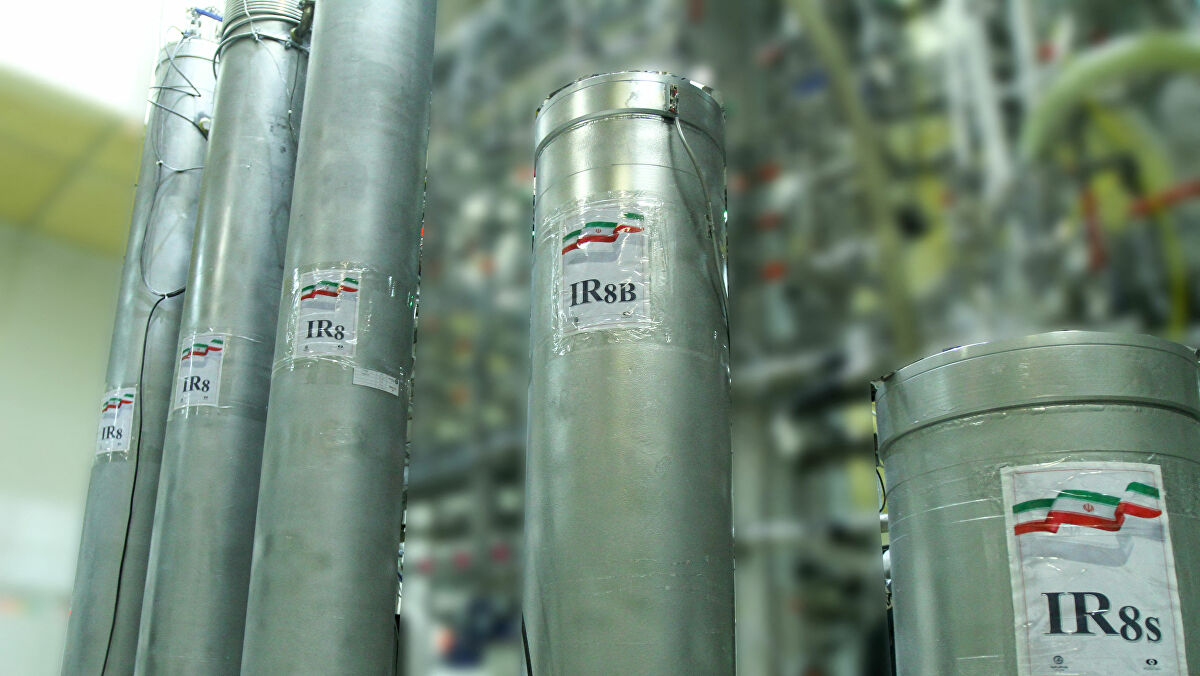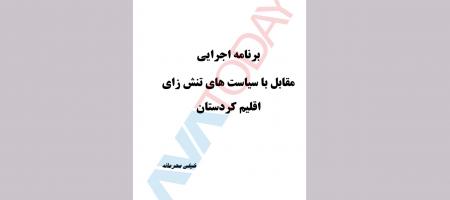
Iran has begun the process of producing enriched uranium metal, the UN atomic watchdog said on July 6, a move that could help it develop a nuclear weapon.
Iran's steps, which were disclosed by the International Atomic Energy Agency and which Tehran said aimed to develop fuel for a research reactor, also drew criticism from European countries and the United States, which called them an "unfortunate step backwards."
US and European officials said that Iran's decision would complicate, and potentially indirect talks between Washington and Tehran to bring both nations back into compliance with the 2015 deal, which was abandoned by former President Donald Trump.
Uranium metal can be used to make the core of a nuclear bomb.
"Today, Iran informed the Agency that UO2 (uranium oxide) enriched up to 20% U-235 would be shipped to the RD laboratory at the Fuel Fabrication Plant in Esfahan, where it would be converted to UF4 (uranium tetrafluoride) and then to uranium metal enriched to 20% U-235, before using it to manufacture the fuel," an IAEA statement said.
A confidential IAEA report seen by Reuters said the agency had confirmed that Iran had taken steps to begin the process of producing enriched uranium metal.
Britain, France and Germany said on Tuesday they had "grave concern" about Iran's decision, which violates the nuclear deal, formally named the Joint Comprehensive Plan of Action (JCPOA).
"Iran has no credible civilian need for uranium metal RD and production, which are a key step in the development of a nuclear weapon," they said in a joint statement issued by Britain's foreign ministry.
"With its latest steps, Iran is threatening a successful outcome to the Vienna talks despite the progress achieved in six rounds of negotiations," they added.









